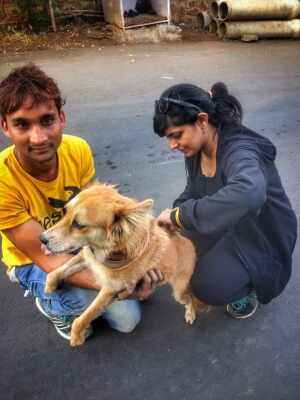New Delhi, 7 July (IANS). In India, about 80 percent of the country’s public health centers are available anti-rabies vaccines to achieve the target of eradication of rabies by 2030. This information has been revealed in a new study by the Indian Council of Medical Research (ICMR), published in the prestigious Medical Journal The Lancet Regional Health, Southeast Asia.
The study states that to prevent rabies cases, it is very important to have access to the prevention of animal bite.
According to Dr. Manoj Murahekar, director of the study’s lead author and director of the ICMR-National Institute of Epidemiology, “We found that about 80 percent of the country’s public health centers had anti-rabies vaccines available.”
According to ICMR data, there has been a 75 percent decline in rabies deaths in India. Nevertheless, every year about 5,700 people lose their lives from this disease and there are cases of cutting about 90 lakh animals.
The survey was conducted in 60 districts of 15 states, including a total of 534 health centers. Of these, 467 (87.5 percent) centers were in public sector.
At the same time, the availability of anti-rabies vaccine varied from 60 percent to 93.2 percent. The lowest availability was found in urban primary health centers. Rabies Immunoglobulin was available only in 95 public centers, the most availability of the South Indian states.
Its availability in medical college hospitals reached 69.2 percent, while in urban primary health centers it was just 1.8 percent.
He said that the vaccine was the lowest availability in North-Eastern India, while South India had the highest. Two-thirds of the public health centers have adopted the ‘intraradermal’ regimen dose, while the rest are still running on the old ‘intramuscular’ regim.
Researchers also warned that if a person does not get the vaccine on time after cutting, he can return home without taking a vaccine, which can weaken rabies control efforts.
The study suggested that India has an urgent need to bridge the gap in the availability of anti-rebij vaccine and immunoglobulin to achieve the goal of zero the human rabies death from dogs by 2030.
-IANS
DSC/ABM










